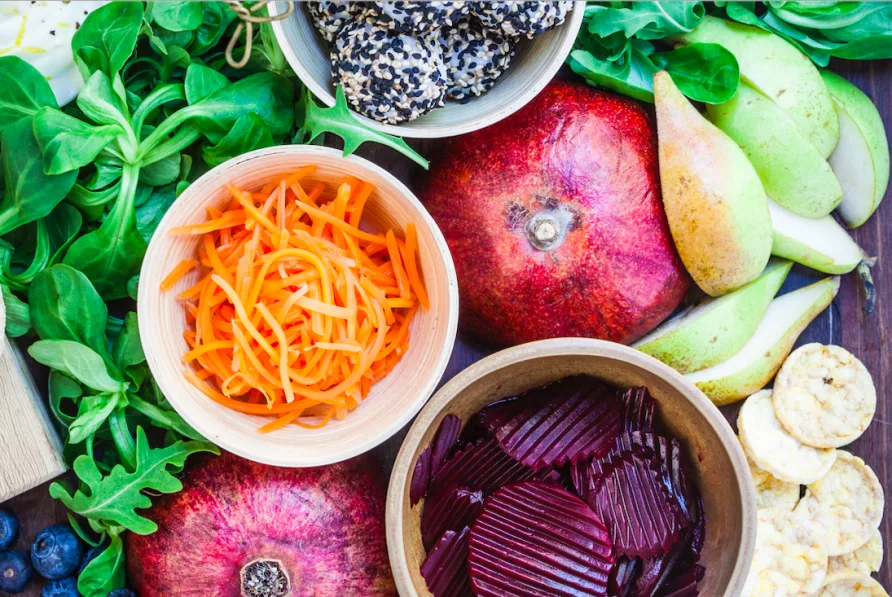
Probiotics Introduction
It has been established for a long time that gut bacteria are largely connected to one’s immune function and metabolic health. However, researchers have only started to scratch the surface regarding their role in how we think, how they boost overall mood, and address depression and other mental health conditions. Several studies have been done which confirm the favorable action of probiotics in addressing the growing problem of depression and anxiety disorders.
The gut microbiome and its critical role in human health have been receiving increasing attention among researchers, and with it, the new awareness of probiotics as a treatment for depression and anxiety. This is rooted in the growing understanding of the strong connection between your gut, gastrointestinal tract, and brain.
According to experts, the microorganisms in your gut produce and express neurotransmitters that affect mood, sleep, and appetite. They are also believed to be able to reduce inflammation which is a known contributor to depression, as well as re-set our stress response and assist our cognitive function.
Three studies that delve into how probiotic supplementation can assist in preventing or easing depression, published in 2019, follow:
- Scientists writing in the journal Nutrition linked probiotic food consumption with lower prevalence and severity of depression, particularly among men.
They performed a cross-sectional analysis of data involving 26,118 individuals, they found that people who had the highest intake of probiotic-rich foods had significantly lower severity of depression as well as self-reported clinical depression.
Men who consumed the most probiotic-rich foods also demonstrated a significantly lower occurrence of clinical depression.
- A meta-analysis focused on 34 controlled clinical trials evaluated the effects of prebiotics and probiotics on depression and anxiety. It discovered that probiotics yielded small yet significant effects for both depression and anxiety.
- Another group of researchers looked at the antidepressant-like action of the probiotic bacteria Lactobacillus Paracasei PS23 given to mice treated with corticosterones to induce depression. Both live and heat-killed probiotic versions were shown to reverse chronic corticosterone-induced anxiety and depression-like behaviors.
Previous research from the Netherlands also determined that gut bacteria do affect negative thinking and cognitive function. Studying 40 healthy individuals for four weeks, the researchers found a significant decrease in negative thinking among those who were supplemented with a probiotic each day versus those who received a placebo. Also, the probiotic group exhibited lower cognitive reactions to sadness.
Probiotics have been widely explored for their astounding immune system benefits, from increasing resistance to respiratory infections during the first few years of life to reducing the length and severity of common cold episodes. There are many studies that support the use of probiotics for depression, and it’s about time they become even more widely explored for the powerful antidepressant effects they exert.
Having a colonic Hydrotherapy treatment can be a great starting point for re-establishing a healthy bowel flora. It can help to remove unhealthy bacteria that we can become host to, and with a healthy diet which can include some fermented foods that can boost your microbiome and emotional health.
If you have any questions about the colonic irrigation process, head on over to my FAQs, drop me an email, or give me a ring. If you’d like to book an appointment, get in touch today. Alternatively, for the latest news, check out my other news posts.